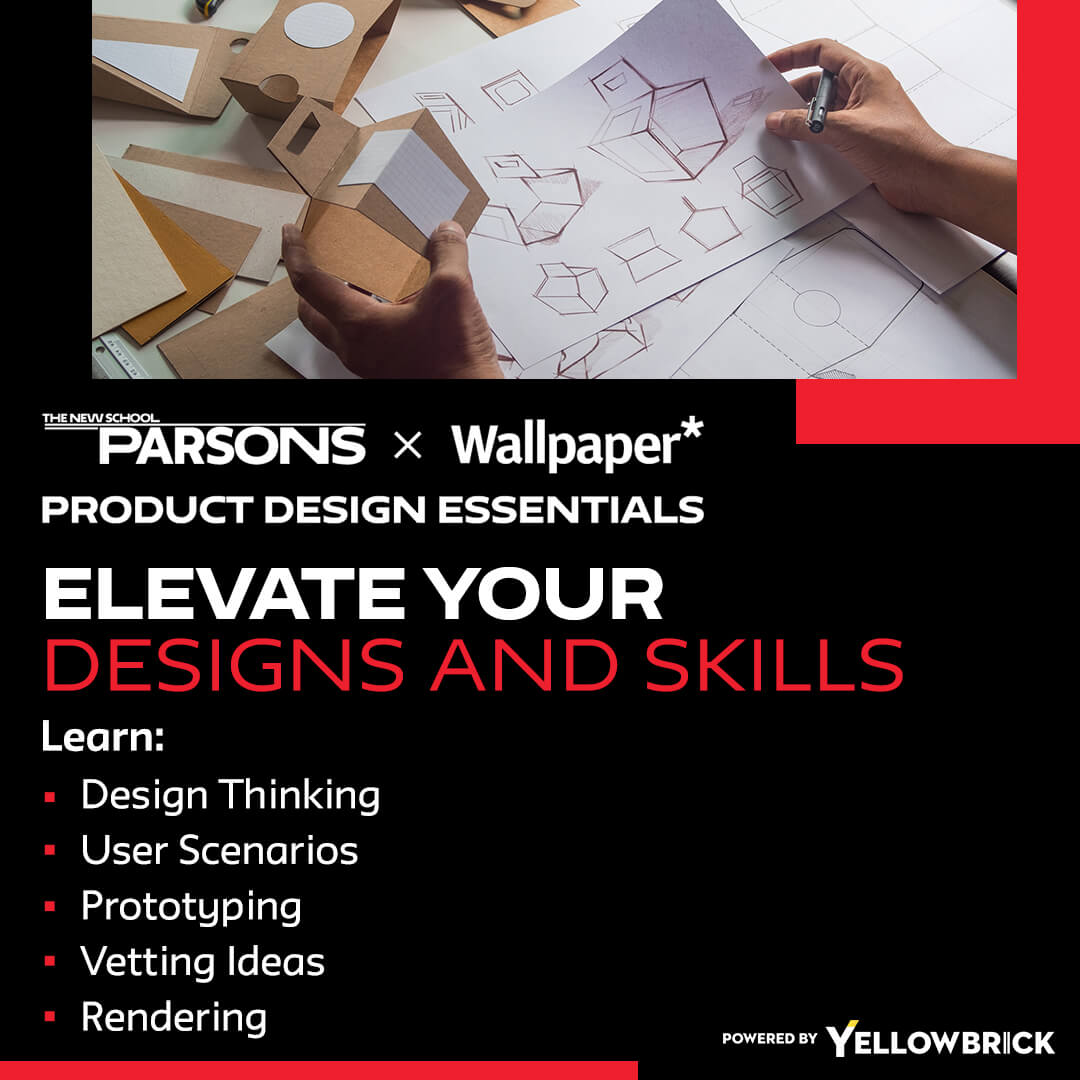User-Centric Design
Startups must place the user at the center of their product design process. Understanding user needs, preferences, and pain points is crucial for developing products that resonate with the target audience. By conducting thorough user research, creating user personas, and gathering feedback, startups can ensure that their products address real user challenges and provide valuable solutions.
Iterative Design Process
Embracing an iterative design process is essential for startups to refine their products continuously. By creating prototypes, gathering user feedback, and making incremental improvements based on testing results, startups can adapt to changing market demands and user expectations. Iterative design allows for flexibility and agility, enabling startups to pivot quickly and optimize their products for success.
Lean Product Development
Startups often operate with limited resources and tight timelines. Adopting lean product development principles in product design can help startups streamline their processes, reduce waste, and deliver value to customers efficiently. By focusing on building minimum viable products (MVPs) and iterating based on feedback, startups can validate their ideas, minimize risks, and accelerate time-to-market.
Cross-Functional Collaboration
Effective collaboration across different functional teams is critical for successful product design in startups. By bringing together designers, engineers, marketers, and other stakeholders, startups can leverage diverse expertise and perspectives to create well-rounded products. Clear communication, shared goals, and a collaborative mindset are essential for aligning design decisions with business objectives and technical requirements.
Agile Methodologies
Agile methodologies, such as Scrum and Kanban, offer startups a structured approach to product development and design. By breaking down projects into manageable tasks, setting short iterative cycles, and adapting to changing requirements, startups can maintain flexibility and responsiveness in their design processes. Agile methodologies promote transparency, continuous improvement, and a focus on delivering customer value.
Rapid Prototyping
Rapid prototyping enables startups to visualize and test their product ideas quickly. By creating low-fidelity prototypes, startups can gather early feedback, validate design concepts, and identify potential issues before investing significant resources. Rapid prototyping facilitates a user-centric approach to design, allowing startups to iterate rapidly and refine their products based on real user interactions.
Data-Driven Decision Making
Data analytics and user metrics play a crucial role in guiding product design decisions for startups. By tracking user behavior, analyzing performance metrics, and gathering quantitative feedback, startups can make informed design choices that align with user preferences and business goals. Data-driven decision making empowers startups to optimize their products for user satisfaction and market success.
Continuous User Testing
Startups should prioritize continuous user testing throughout the product design process. By conducting usability testing, A/B testing, and user interviews at various stages of development, startups can validate design assumptions, uncover usability issues, and gather insights to iterate effectively. User testing helps startups refine their products based on real user feedback, leading to improved user experiences and product outcomes.
Design Thinking Approach
Adopting a design thinking approach can help startups unlock creativity, empathy, and innovation in their product design process. Design thinking encourages startups to empathize with users, define problem statements, ideate creative solutions, prototype rapidly, and test iteratively. By embracing a human-centered design mindset, startups can create products that truly resonate with their target audience and address unmet needs.
Embracing Innovation
Innovation is at the core of successful product design for startups. By encouraging a culture of experimentation, risk-taking, and creativity, startups can push the boundaries of traditional design practices and drive breakthrough ideas. Embracing innovation allows startups to differentiate themselves in the market, disrupt industries, and create products that captivate users and drive business growth.
Conclusion
Product design for startups is a dynamic and evolving process that requires a combination of creativity, strategic thinking, and user-centric approaches. By incorporating these key strategies and best practices into their product design processes, startups can enhance their competitive edge, deliver exceptional user experiences, and achieve sustainable growth in the ever-changing business landscape.
Key Takeaways:
- Placing users at the center of design ensures products address real needs and create lasting value.
- Iterative design and rapid prototyping enable startups to refine ideas quickly and adapt to feedback.
- Lean product development and Agile methodologies help startups save resources, stay flexible, and accelerate time-to-market.
- Cross-functional collaboration aligns design decisions with both business goals and technical feasibility.
- Data-driven decision-making and continuous user testing ensure designs are validated and optimized for success.
- A design thinking approach fosters empathy, creativity, and problem-solving for innovative solutions.
- Embracing innovation allows startups to differentiate, disrupt markets, and drive growth.
Consider enhancing your expertise in product design by exploring the Parsons Product Design Essentials online course and certificate program offered by Yellowbrick. This comprehensive program can equip you with valuable insights and practical skills to excel in the dynamic world of product design for startups.








